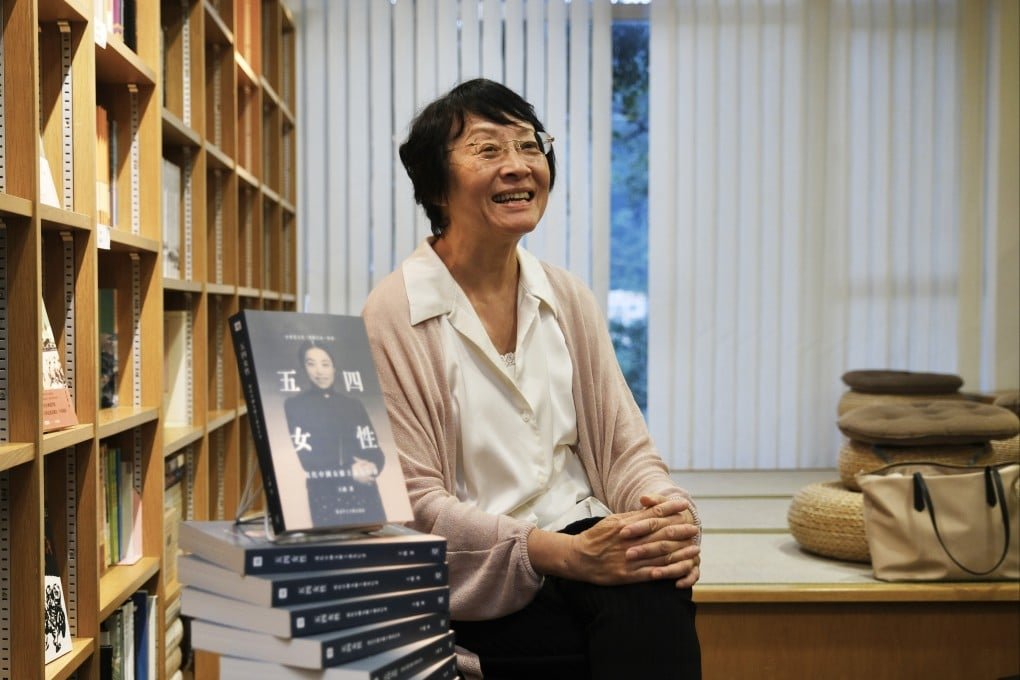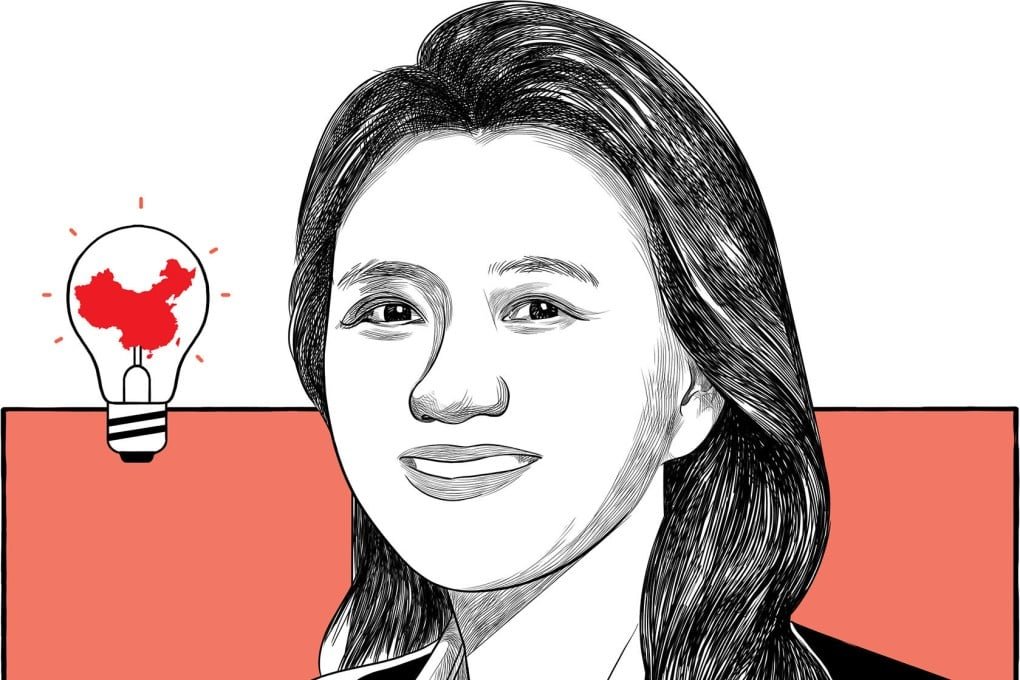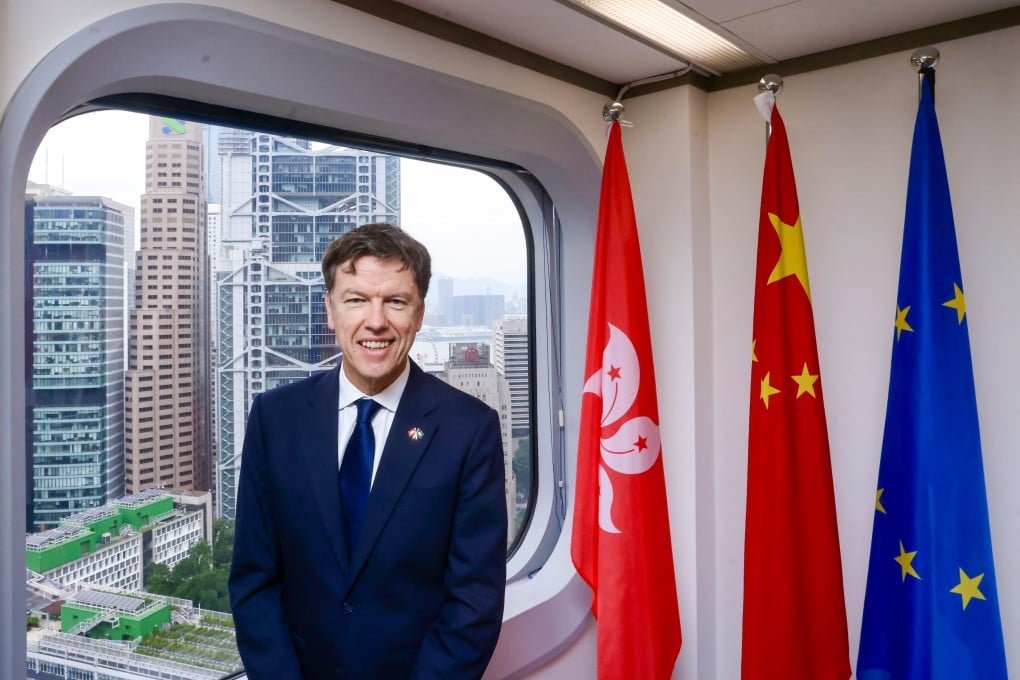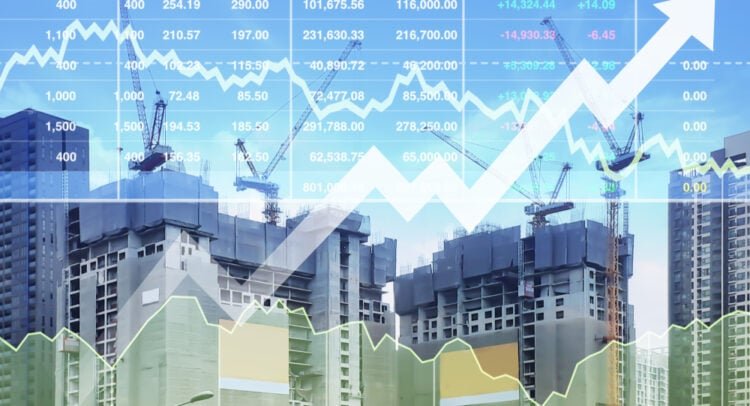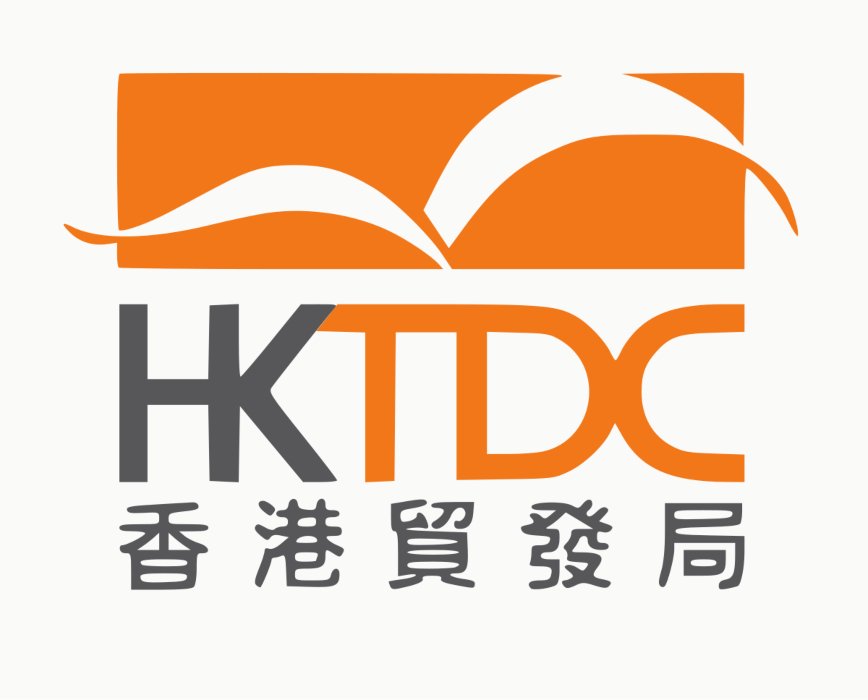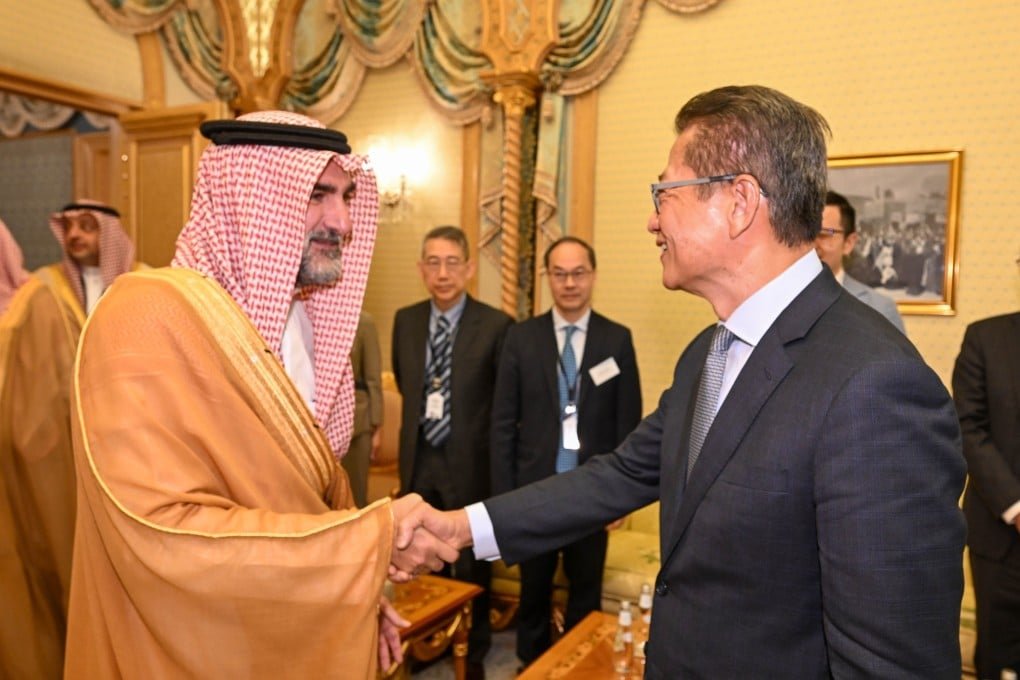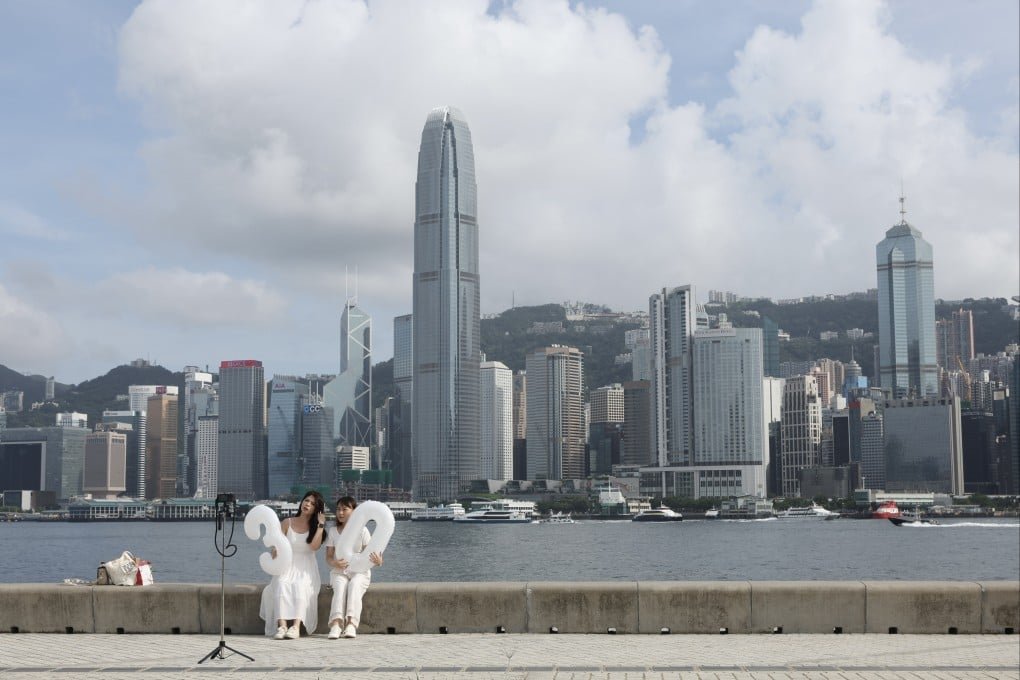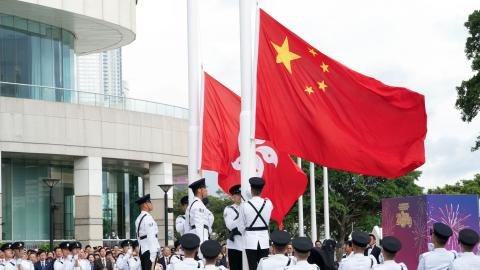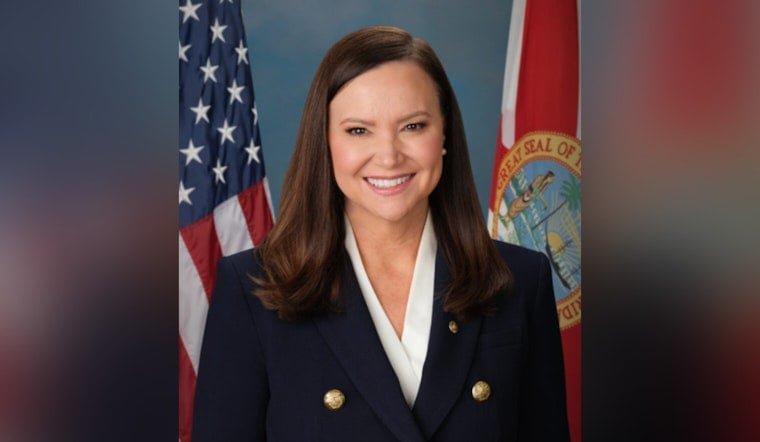While the meeting is meant to stabilise U.S.–China trade relations, observers say the lack of consistent messaging from the Trump administration has already eroded confidence in its negotiating commitment.
Concern centres on how internal U.S. coordination appears weak.
One former U.S. official described the pattern bluntly: “Nobody knows what the policy will be from day to day, what’s true today will not be true tomorrow.” The unpredictability is seen as a significant barrier to making credible commitments, especially for Beijing, which requires assurances that a deal will be adhered to.
President Trump’s decision-making style also figures prominently.
He has displayed a preference for instinctive positions and rough-edged diplomacy over structured joint agreements.
Analysts note that his broad running agenda and rapid policy reversals create a wide margin for differing approaches across his team, some of whom favour a hardline approach to China.
From China’s perspective, the risks are acute: exposing President Xi to a summit in which the U.S. position may shift mid-course risks reputational cost and puts the two-nation relationship at greater vulnerability.
Some Chinese experts say that the absence of a firm, consistent U.S. position makes Beijing cautious about committing to substantive concession.
The meeting itself remains unsecured, with both sides signalling flexibility on format and outcomes.
Some analysts suggest that the best realistic outcome may be a reaffirmation of dialogue and procedural cooperation, rather than a sweeping accord.
The deeper structural tensions — from rare-earth export controls, semiconductor restrictions, to broader strategic rivalry — remain largely unresolved.
As the summit approaches, the broader framing is clear: the U.S. aims to advance its agenda of trade rebalancing and strategic leverage, while China is seeking respect, stability and continuity.
Whether the meeting can deliver more than symbolism will depend on whether Washington can present a unified, credible position and Beijing can secure assurances of predictability.
The central risk now is that what appears as a high-profile meeting becomes a backdrop to further uncertainty if trust cannot be rebuilt.

